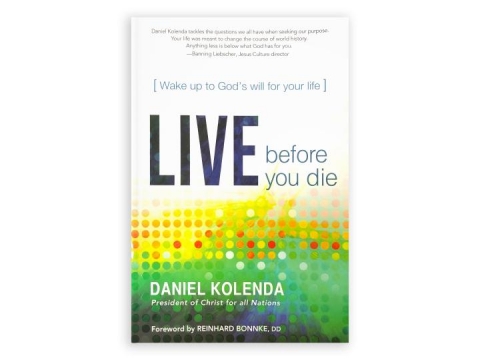Years ago I had a vision in which I saw a dam. On one side was a mighty river, but on the other side was dry, cracked earth. I understood that the river represented the glory of God and the dry ground represented the world. I knew intuitively that the river was supposed to flood the dry ground, as the Scriptures say, “For the earth shall be filled with the knowledge of the glory of the Lord, as the waters cover the sea” (Hab. 2:14). But the dam’s mighty wall seemed impenetrable. Suddenly I saw something else. Tiny cracks began to form in the wall, and razor sharp spurts of water were shooting out of these broken places. Soon larger and larger chunks of the wall began to fall away until water was pouring in from all sides. Suddenly in one moment the entire wall was swept away, and the river flooded the dry ground, leaving no place untouched.
I knew instinctively that those cracks in the wall represented “broken” men and women. They are those who have surrendered their lives to God, praying with Jesus, “Not my will, but thine, be done.” Suddenly I knew how the glory of the Lord would cover the earth as the waters cover the sea. In fact, it is through these people that, even now, the kingdom of God is invading the fallen world. God’s eternal glory will penetrate the natural world through broken men and women. And when the kingdom of God comes into contact with the fallen world, we begin to see heavenly effects: the sick are healed, the dead are raised, bondages are broken, and the supernatural begins to happen.

